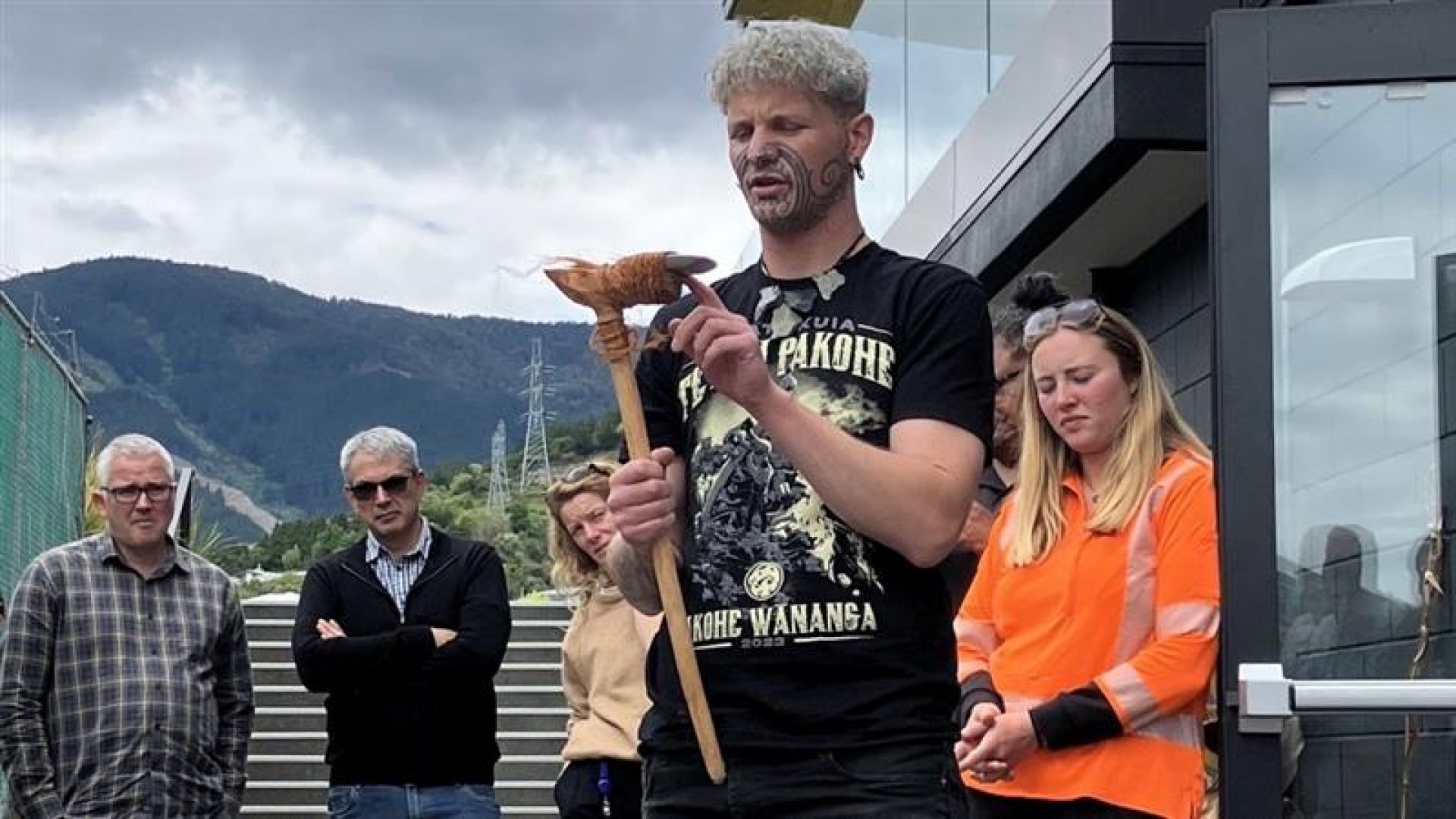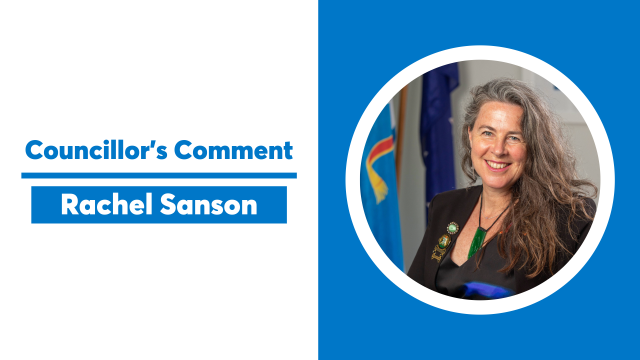Jobs for Nature combines biodiversity with cultural preservation
08/12/2023 2:57pm
Biodiversity restoration has been the focus of the three-year Jobs for Nature project in the Wakapuaka and Whangamoa river catchments.
More than 45 hectares of weed control including banana passionfruit, old man’s beard, sycamore and willow has been completed in a range sites of high ecological and cultural value since work began in Spring 2021. Many of these sites provide habitat for threatened species, such as the at risk/declining Marlborough mini gecko discovered at one site.
Jobs for Nature is a $1.19 billion dollar programme that manages funding across multiple government agencies to benefit the environment, people, and the regions as part of the government’s COVID-19 recovery package.
Nelson City Council is working with a group of Jobs for Nature rangers from Kūmānu Environmental in the Wakapuaka and Whangamoa catchments, navigating steep terrain to tackle intensive vine and other weed infestations which pose one of the biggest threats to our native ecosystems.
This third and final year of the project has also seen work start on two other project deliverables: 20 hectares of wilding conifer control and 30 hectares of possum control. In addition to this, 10,000 more native plants will be planted before the end of the project next winter.
The project also supports a cultural guidance programme for Jobs for Nature rangers and Council staff working in environmental areas, through a Pou Tikanga role appointed by Ngāti Tama. A recent pakohe (argillite) wānanga (sharing of traditional knowledge) in collaboration with Ngāti Kuia and Nelson Provincial Museum developed understanding of the historical and contemporary importance of pakohe, and our collective role as kaitiaki.
A wānanga was organised with Hamuera Manihera, the Kaitiaki Taonga Māori (Māori Taonga Collections Manager) for Nelson Provincial Museum, alongside Ruihana Smith from Te Rūnanga o Ngāti Kuia about their connections to pakohe. The purpose was to enhance the understanding and knowledge around pakohe and the importance of this taonga, which is particularly associated with the Nelson and Marlborough regions. Nearly 40 staff from Council and Kumānu attended, and this was a first for many to hear about the history of this particular taonga, which was traded and used for making tools, and formed an important part of the history of the region.


